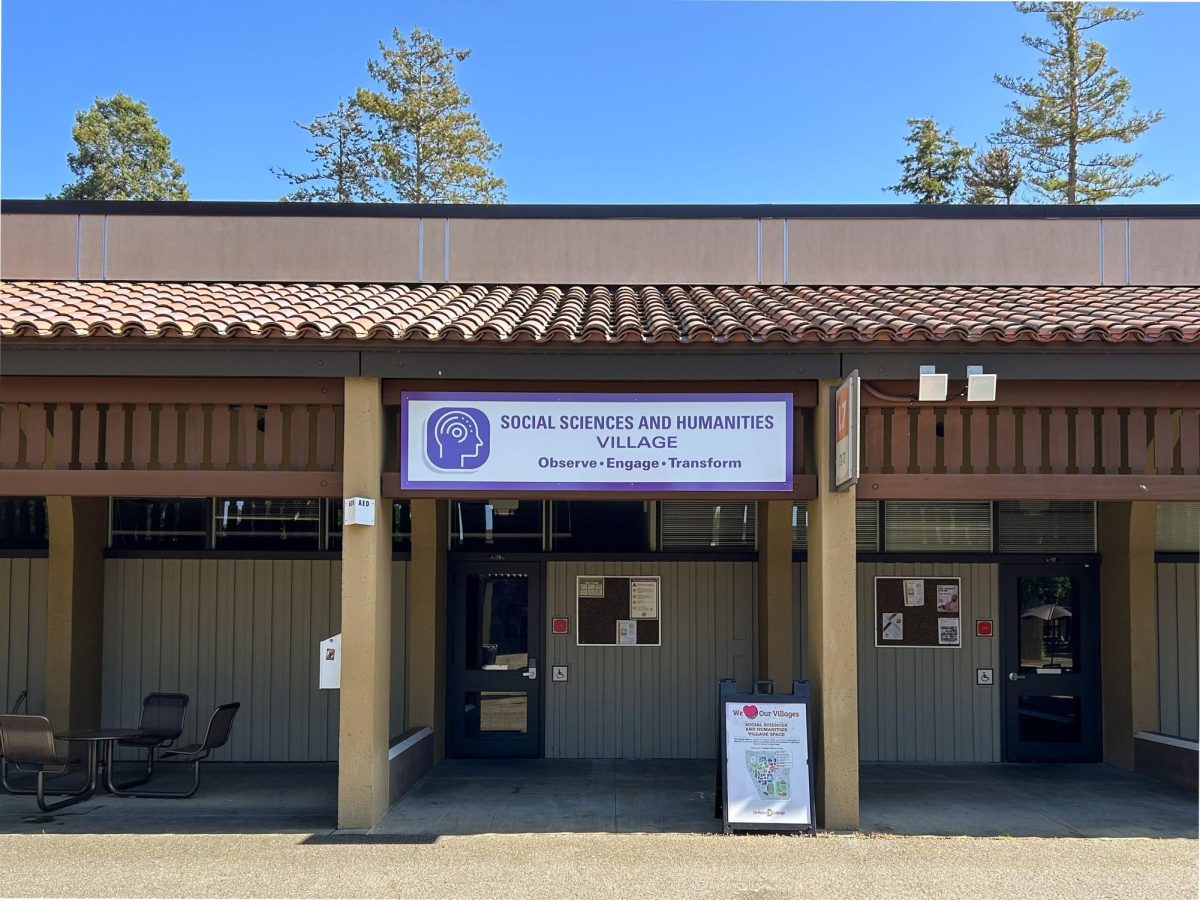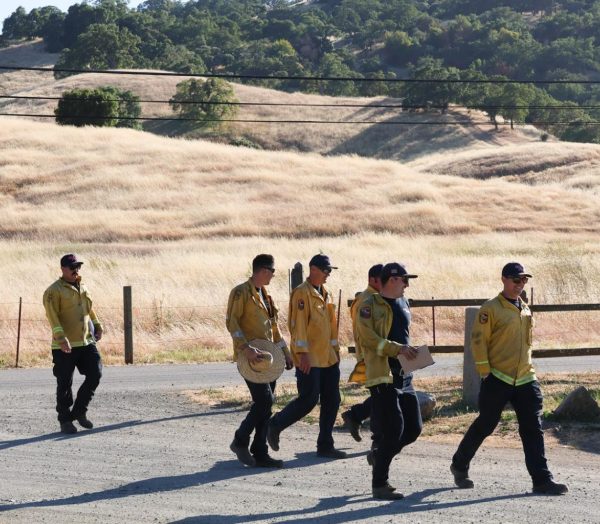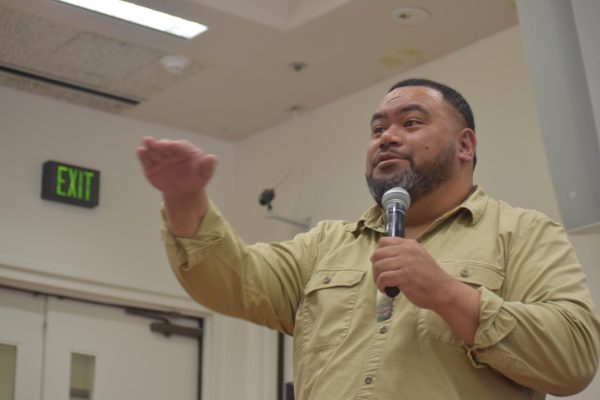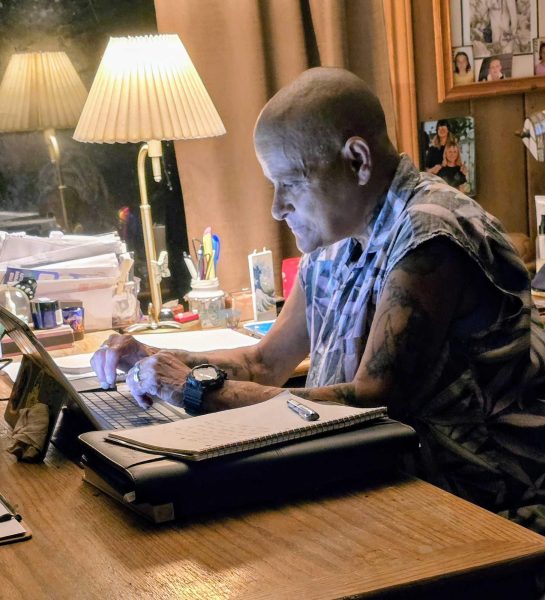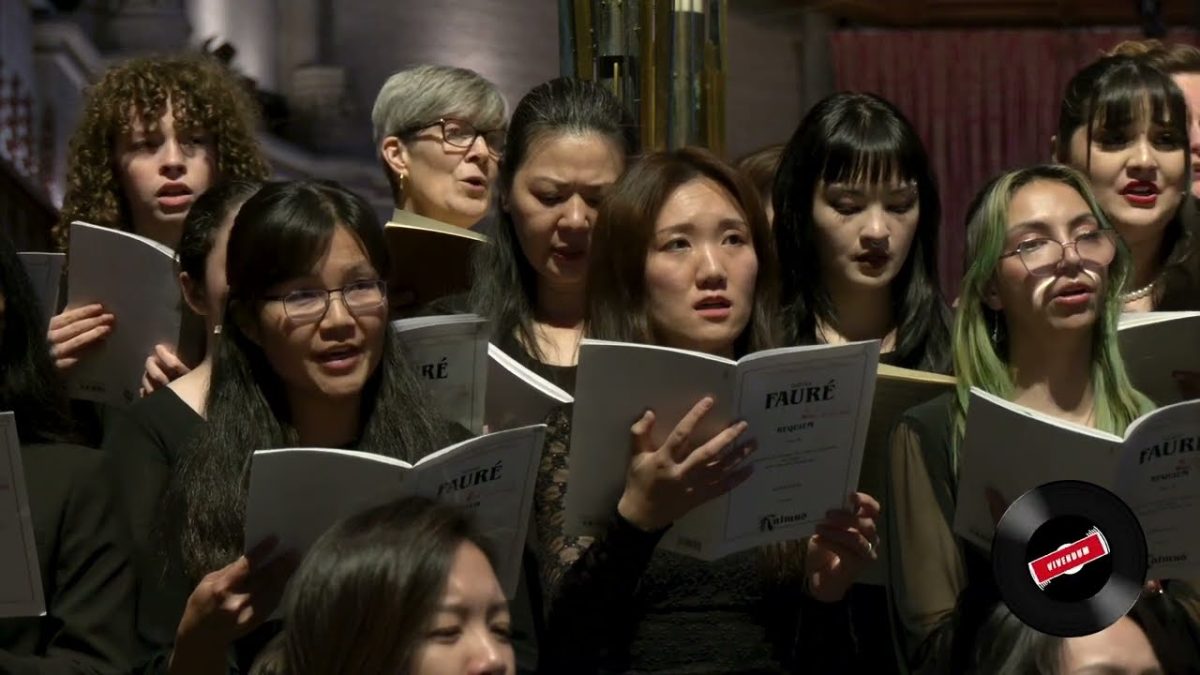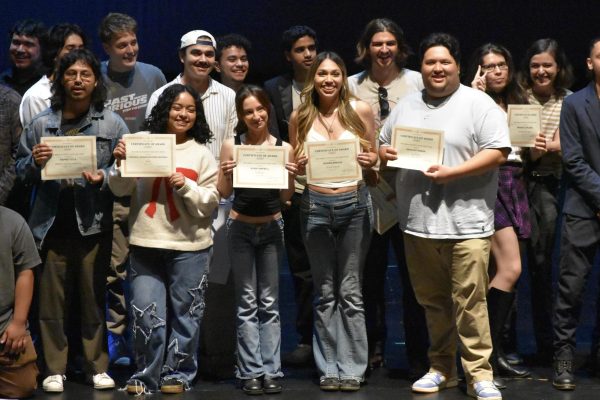Club adviser position funded, other programs face DASB cuts
March 20, 2019
The De Anza College library, tutoring and athletics are just three of over 30 De Anza programs that will face a decrease in funding after senators approved the final DASB senate budget for the 2019-2020 school year on Feb. 20.
The budget allocation will be presented and voted on for approval by Foothill-De Anza Board of Trustees members at their May 6 meeting.
Most of DASB senate’s $1.04 million revenue comes from DASB card sales (63 percent) and Flea Market (29 percent). Other revenue sources include movie tickets, DASB card replacements, Bike Program and Corral Access Fees and Returned Checks Fees.
A reserve fund balance of $148,850 from this year was combined with the revenue to create an allocation total of $1.19 million. The allocation amount increased only 0.11 percent from last year.
ICC adviser funded
About fourteen percent of the total budget was allocated for the Office of College Life Office Staff. The College Life Office had a 286 percent increase from their previous year’s amount. The increase resulted from the senate deciding to fully fund the ICC Advisor position
The position, currently held by La Donna Yumori-Kaku, who will retire at the end of the year, was one of six classified positions eliminated by De Anza in order to meet their 2019 budget reduction goals.
“The (2019-2020 budget allocation process) was pretty much established based on the notion that we are going to fund this position, that we are going to save it from being slashed by the college,” chair of finance Ian Robertsson said during the Jan.30 meeting.
“We want to make sure we have the operational support here in the senate and the Inter Club Council to operate efficiently and correctly before we begin to spread our arms out and help every single program across campus.” he said.
Upon hearing that the DASB decided to fund the position, Yumori-Kaku said, “I am excited the position is staying, but I am sad that other programs may have felt the budget loss.”
Tutorial center reduced
Robertsson said during the meeting that cutting Tutorial and Academic Skills Center student payroll by 30 percent from this year’s was one of the “biggest ways” DASB senate could save money in order to fund the position.
The center was allocated $111,675, 53 percent less than what it requested, and 31 percent less than what it received this year.
“Unfortunately, people will feel it and we will do our best to minimize the impact,” Diana Alves de Lima, Student Success Center co-director said, during the Feb. 6 meeting. “Not only does it help student who are getting tutored who succeed in their classes, but it also helps the student tutors earn money and gain professional leadership skills.”
The majority of De Anza’s campus organizations did not receive the funds they requested, and even experienced a decrease in their previous year’s allocations.
Students will potentially see a reduction of textbooks available for check out in the library next year as a result of a 33 percent decrease in its budget.
The $15,000 DASB senate usually allocates to the library goes towards purchasing high-demand textbooks like math and chemistry, Tom Dolen, library coordinator said in an email to La Voz.
“The library does encourage faculty to loan us extra copies of textbooks.” said Dolen, “We have also reached out to major publishers in the past for free copies of texts but our efforts have had mixed results.”
The Athletics department was denied all but $55,000 of its requested $168,992 from the DASB. It was revealed at the Jan. 30 meeting that the senate chose to defund next year’s athletics team in order to push De Anza into taking more financial responsibility for the teams.
Student workers impacted
The Math Performance Success Program requested $71,280 to fund its student payroll, but the senate approved only $25,000, a 41 percent decrease from this year’s budget.
Yvette Campbell, director of the STEM success program, said that while she was disappointed by the loss, MPSP recently received an Innovation for Higher Education Grant from that would cover the program’s student tutor and counselors salaries.
“MPSP is going to be okay. Myself as an administrator, we really do find ways, the other side of the coin,” Campbell said, “Luckily we can do that. Other programs might not be so lucky.”
Student Success and Retention Services Center, is another program that relies almost solely on DASB to fund its student employees, said Jorge Morales, co-coordinator and counselor for the First Year Experience program.
The center was allocated $17,000 for student payroll, 63 percent less than what it requested and 12 percent less than what it received this year. With the decrease in funds, the center will not be able to employ more front desk assistants or peer tutors to help run the program.
“The mission of our programs are directly tied to equity and closing the gaps of our most marginalized student,” said Morales. “Not only do our programs serve, our targeted student population and marginalized communities, these are also the same students that we’re hiring.”










